foreign currency

Egypt’s slow but steady NIRs growth, despite paying off large sums of outstanding debt, reflects a positive trend in the economy’s recovery.

Previously, Fitch Ratings had predicted that Egypt's foreign currency reserves would reach $49.7 billion in FY2023/2024 and $53.3 billion in FY2024/2025.
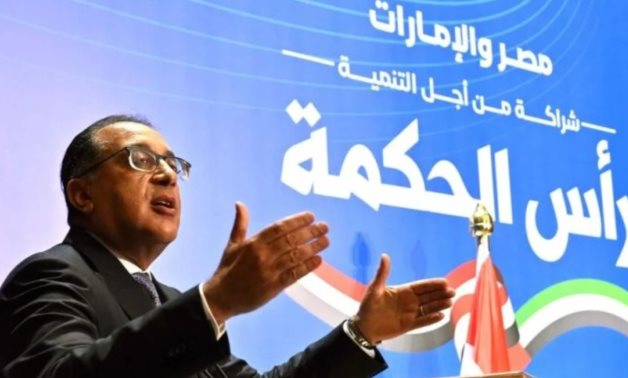
In an official statement, Madbouly also stated that Egypt is working with the UAE to waive an Emirati deposit of $6 billion in the Central Bank of Egypt (CBE) and convert it to Egyptian pounds

The narrowing of the deficit reflects the surge in foreign currency reserves after the fresh inflows for FX from the Ras El Hekma deal and the depreciation of the Egyptian pound
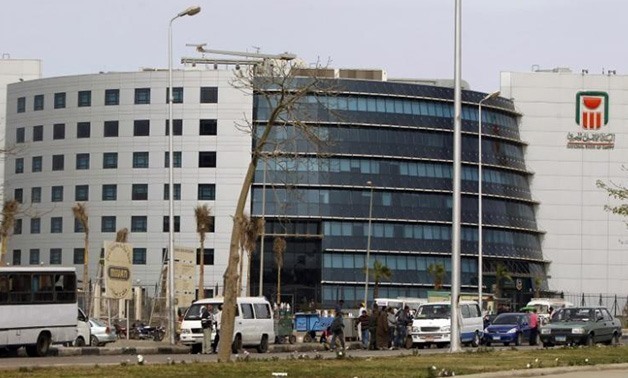
This marks a significant increase from the bank's former highest limit of LE 20,000

Reportedly received by Egypt on Sunday, the tranche consisted of $14 billion and $6 billion currently held from a previous deposit by the UAE at the Central Bank of Egypt (CBE)

Starting from Sunday, Egyptians across the country will be able to purchase bread at reduced prices from private bakeries, ranging from LE 0.5 to LE 1.5 per loaf, in accordance with government directives.

The Prime Minister revealed that a significant quantity of goods and merchandise will be released from the ports on the same day.

Previously, individuals who obtained credit cards issued on or after December 21, 2023, were required to wait a minimum of six months before engaging in foreign exchange (FX) transactions
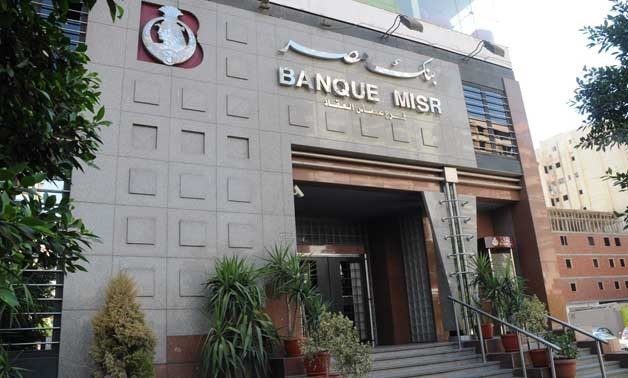
BM’s new debit card will have a daily limit of $5,000 for purchasing outside Egypt, with a monthly cutoff of $20,000
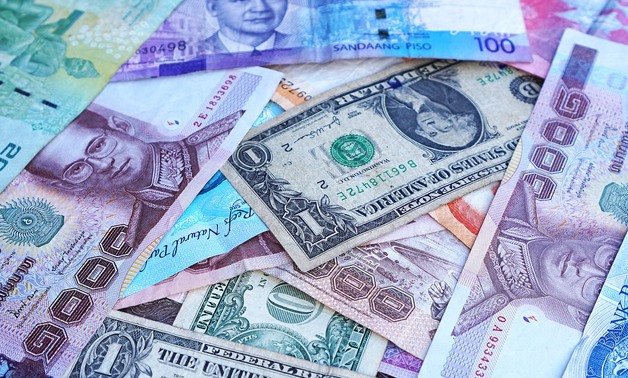
Al Baraka Bank Egypt and EG Bank announced new restrictions on foreign currency transactions on Tuesday through their respective websites, following Abu Dhabi Islamic Bank (ADIB) and CIB’s new limitations released last Thursday
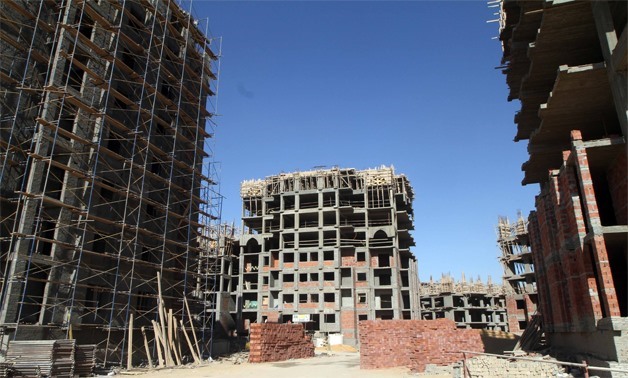
This is in line with the government’s efforts to attract foreign currency amid an FX shortage that has impacted several sectors

The WB’s report highlighted that the MENA region’s remittances are projected to fall by 5.3% to approximately $61 billion in 2023, following a 4.5% drop in 2022
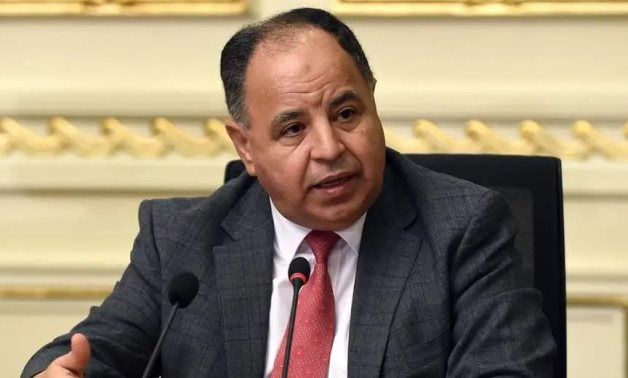
Minister of Finance, Mohamed Maait, shared that the new value-added tax (VAT) in foreign currency does not apply to imports, mitigating some importers’ concerns over the latest amendments to the tax law

To close a projected financing gap of around $17 billion by 2026, Egypt is looking to attract fresh foreign currency, including a target of $6-8 billion by the end of FY2023/2024.

Sources stated that there is a preliminary agreement in place, which will include the renewal of existing deposits provided by the two Gulf countries that are set to expire next year

Maait revealed that the new group of Panda bonds will be worth $500 million, but did not disclose further details on a set date
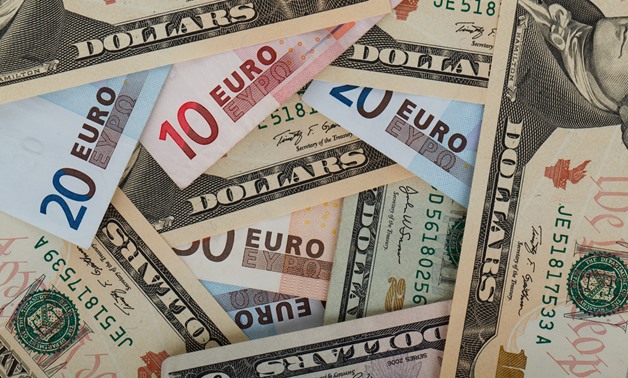
The report also indicated increase in foreign currency from tourism sector; Foreign investors who entered the Egyptian market again since January 11 and a major surge in trading amounts in the interbank market, as trading amounts since January 11 recorded an increase of more than 20 times compared to the previously recorded daily amounts.
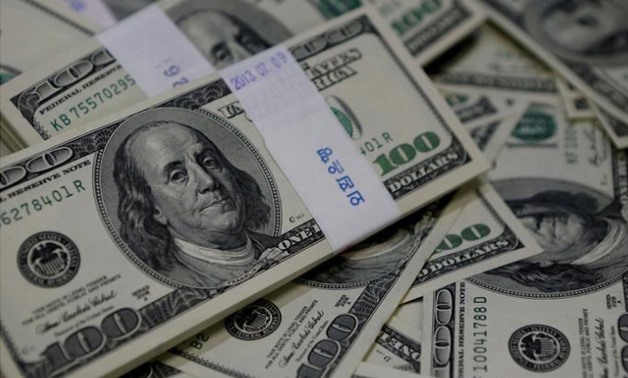
On a year-on-year basis, CBE numbers indicate a climb of 5.39% in August compared to $33.14 billion during the same month in 2022

Egypt’s Cabinet announced on Thursday keeping electricity prices unchanged, postponing a planned increase for another six months.
Most Read